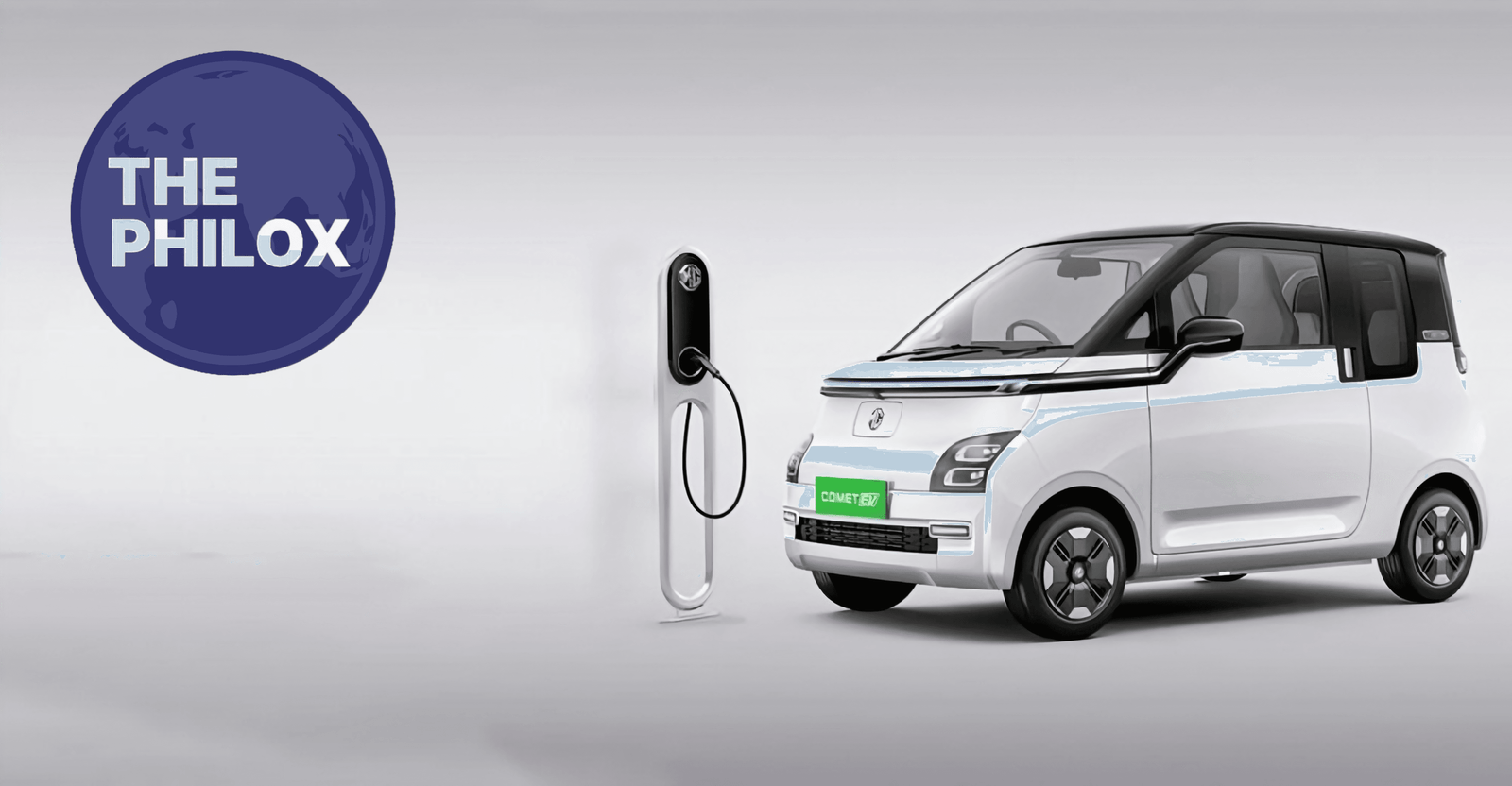Introduced by JSW MG Motor India in April 2023, the MG Comet EV is under increasing investigation as some owners claim early battery depletion.
Many customers are seeing unanticipated performance losses even with an eight-year or 1.2 lakh km warranty guaranteeing 70% battery capacity retention.
More than 150 complaints on X (previously Twitter) have surfaced since January 2025; owners have pointed out fast battery drain and declining driving range.
Many user reports indicate that the 17.3 kWh lithium-ion battery pack in the MG Comet EV is not providing the claimed range.
Many owners say their vehicles lose up to 20% battery within just 50km of average city driving following a full charge using the basic 3.3 kW AC charger.
This performance raises major questions regarding the dependability of the vehicle since it is far less than the certified range of 230km of the Automobile Research Association of India.
Independent Testing Verifies Battery Unbalances
Independent vehicle testing company AutoTech Labs examined March 10, 2025, Bengaluru thoroughly in order to evaluate these broad assertions.
According to their results, 12% of the tested MG Comet EVs showed battery cell imbalances following just 20,000 km of use.
This disparity resulted in a lower effective driving range of about 140km, much below the desired performance criteria of MG Motor.
These independent test findings clearly run counter to the declared lifetime of the battery by MG Motor India. Both current and prospective EV owners are becoming anxious as battery cell discrepancies in very new cars surface.
Long-term consumer confidence depends much on battery integrity and lifespan as usage of electric vehicles rises.
MG Blames Charging Practices, Owners Disagree
MG Motor India released an official press statement on March 18, 2025, addressing battery performance concerns in response to mounting criticism.
The business said that “improper charging practices” were mostly responsible for the deterioration and implied that owners’ varying charging patterns were hastening battery depreciation.
Many Comet EV users, however, disagree with this theory since they exactly follow factory charging recommendations.
Angry consumers insist they still have battery-related issues while using MG’s advised 3.3 kW AC home charger and following the suggested charging cycles.
Many owners of electric vehicles feel abandoned and unhappy with their experience since the manufacturer does not provide a clear technological solution.
Sudden Battery Failures Raise Questions
Beyond slow deterioration, an increasingly pressing problem is sudden and unplanned battery shutdowns. A Delhi-based MG Comet EV user reported total battery failure while driving in 30°C weather on March 17, 2025.
The car suddenly ran out of, so the driver was left stranded for more than three hours until MG’s roadside help showed up.
Internal service data from MG Motor India show that 45 such events happened in India in Q1 2025. This trend of abrupt failures points to a structural flaw outside of personal charging patterns.
For drivers who might be left stuck in dangerous circumstances without notice, such events seriously raise safety issues.
Service Centers Strained by Battery Complaints
Service centers all throughout India also mirror growing discontent. An internal dealer note from a Pune-based MG dealership indicated that battery-related service visits by March 19, 2025, increased by 20%.
Main worries expressed by owners include often limited driving range, inefficient charging, and unexpected power losses.
As the battery management system (BMS) in the MG Comet EV may not be sufficiently identifying or mitigating these performance difficulties, service personnel are allegedly unable to offer long-term remedies.
The increasing number of complaints and service requests suggests that these battery issues represent a more general mechanical or software-related defect rather than limited occurrences.
Thermal Management begs technical questions.
Industry analysts believe that insufficient heat management of the prismatic lithium iron phosphate (LFP) battery of the MG Comet EV could be the main source of these issues.
Although LFP batteries are usually hailed for their safety and longevity, they need good heat control—especially in areas with high temperatures and humidity.
In Indian cities where temperatures often rise beyond 30°C, an ineffective battery cooling mechanism can cause fast deterioration and erratic power outages.
Should MG’s battery management system fail to properly control heat, this could help to explain the general concerns about capacity loss and abrupt shutdowns.
Uncertainty Reigners Over Extended Viability
With more than 150 consumer complaints, independent tests verifying performance problems, and service centers swamped by battery-related concerns, MG Comet EV owners are getting more dubious about the long-term viability of their vehicles.
Although MG Motor India is attributing user behavior for blame, more data points point to a deeper technical flaw needing immediate repair.
Should these issues persist, JSW MG Motor India could find great pressure to provide a complete remedy. Software changes, battery replacements, or even a formal recall to rebuild public confidence might all be part of this.
Resolving battery-related problems would be essential for MG to keep its credibility and consumer confidence in its EV range as electric vehicles proliferate India’s automotive scene.




